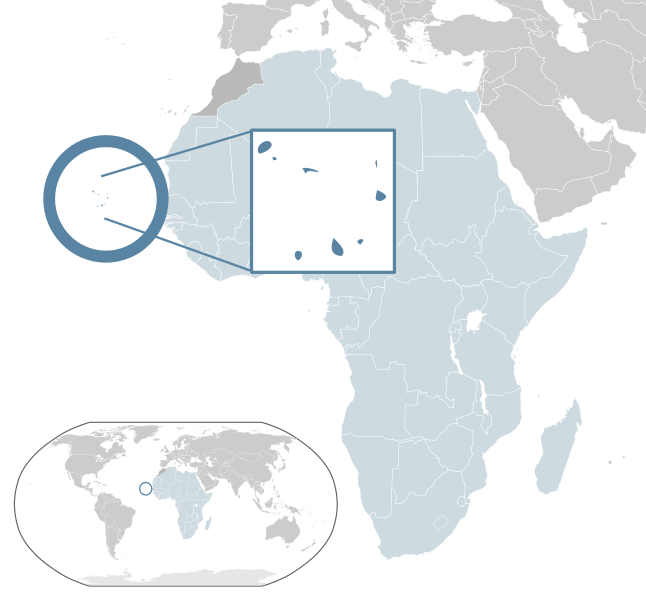The Ministry of Health on the island country of Cape Verde announced Tuesday that Zika virus has been confirmed in the capital city of Praia, according to a MOH press release (computer translated).

Health officials say blood samples on 17 people were confirmed positive for Zika virus by the Pasteur Institute in Dakar. This is the first time Zika has been confirmed in Cape Verde.
To date the cases are confined in Praia, and registered in some municipalities such as Santa Cruz and Santo Domingo in people with connection to the capital.
About two weeks ago the Minister of State and Health, Dr. Cristina Fontes Lima spoke about the existence of skin and itching eruption cases in Praia. Health ministry officials said about 1,000 people are presenting with symptoms consistent with Zika ( red spots on the face, torso and arms with strong itching, headache, low fever and others).
Health authorities recommend the strengthening of personal protective measures to avoid mosquito bites by using sleeve clothing long, pants, nets on the windows, use of repellent and smoking, as well as strengthen measures to combat mosquitoes by eliminating all containers with standing water that favor mosquito breeding.
Zika virus is a flavivirus related to yellow fever, dengue, West Nile, and Japanese encephalitis viruses; however, ZIKV produces a comparatively mild disease in humans. It was first isolated from an infected rhesus monkey in the Zika Forest of Uganda in 1947.
Until recently, it was relatively rare to see ZIKV outside of Africa and Asia. The virus is transmitted to humans via mosquitoes of the genus Aedes.
Information regarding pathogenesis of ZIKV is scarce but mosquito-borne flaviviruses are thought to replicate initially in dendritic cells near the site of inoculation then spread to lymph nodes and the bloodstream.
Symptoms may include a headache, a maculopapular rash covering the face, neck, trunk, and upper arms,which may spread to the palms and soles. Transient fever, malaise, and back pain may also develop.
Robert Herriman is a microbiologist and the Editor-in-Chief of Outbreak News Today and the Executive Editor of The Global Dispatch
Follow @bactiman63
Related:


3 thoughts on “Zika virus confirmed on Cape Verde”